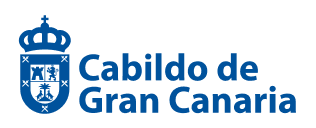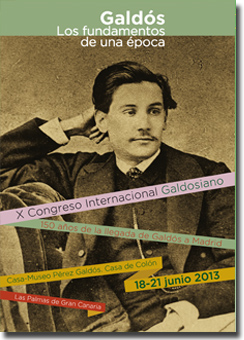¿CÓMO NARRAR LA HISTORIA? DE BENITO PÉREZ GALDÓS A JAVIER CERCAS / HOW TO NARRATE HISTORY? FROM BENITO PÉREZ GALDÓS TO JAVIER CERCAS
Palabras clave:
Historia autónoma, historia tentativa, Braudel, Hegel, Renan, Autonomous history, tentative historyResumen
Para Galdós la historia es una entidad autónoma y autosuficiente, que opera independientemente del marco narrativo de las normas y los objetivos que determinan el discurso narrativo. En ese contexto, la función del narrador es desentrañar lo que el medio externo de la historia le ofrece. El narrador es un mediador entre el desarrollo y la evolución histórica y el lector. De modo diferencial, el narrador actual concibe la historia como una categoría más ambigua y tentativa que reconoce explícitamente su papel cultural relativizado como un medio sometido a la reconsideración y la reapertura indefinidas. Para verificación de mi propuesta teórica me concentro en particular en las obras Gerona de Galdós y Las leyes de la frontera de Javier Cercas. Los textos novelísticos se insertan dentro de la discusión de las ideas de Fernand Braudel, Gilles Lypovetsky, Hegel y Renan, entre otros pensadores en torno a la categoría de la historia.
Galdós views history as an autonomous and self-sufficient category that functions independently from the narrative framework of the norms and objectives that determine the rules of narrative discourse. Within this context, the narrator’s function is to decipher what the external medium of history offers him. The narrator is a mediator between the development and evolution of history and the reader. In a different vein, present-day narration conceives history as a more ambiguous and tentative notion that openly acknowledges history’s relative cultural role as a medium that is subject to an indefinite reconsideration and reopening of its goals and central nature. For the verification of my theoretical proposal, I focus in particular on the works Gerona by Galdós and Las leyes de la frontera by Javier Cercas. These fictional texts are inserted within the discussion of the ideas of Fernand Braudel, Gilles Lypovetsky, Hegel, and Renan, among other thinkers that study history.




